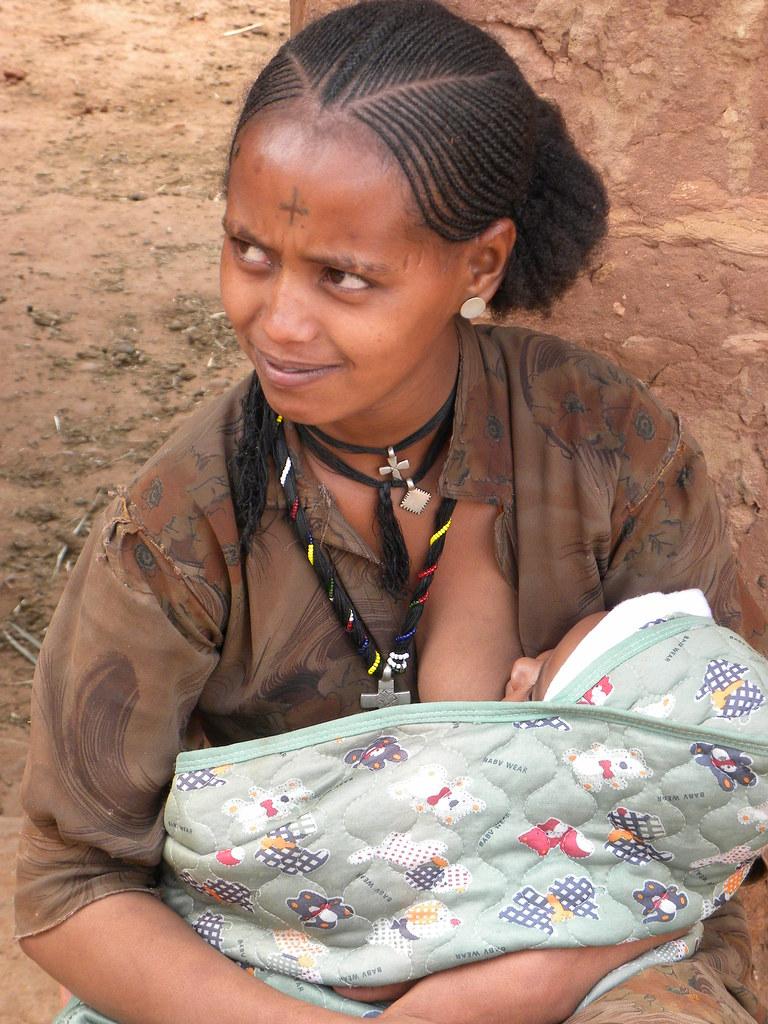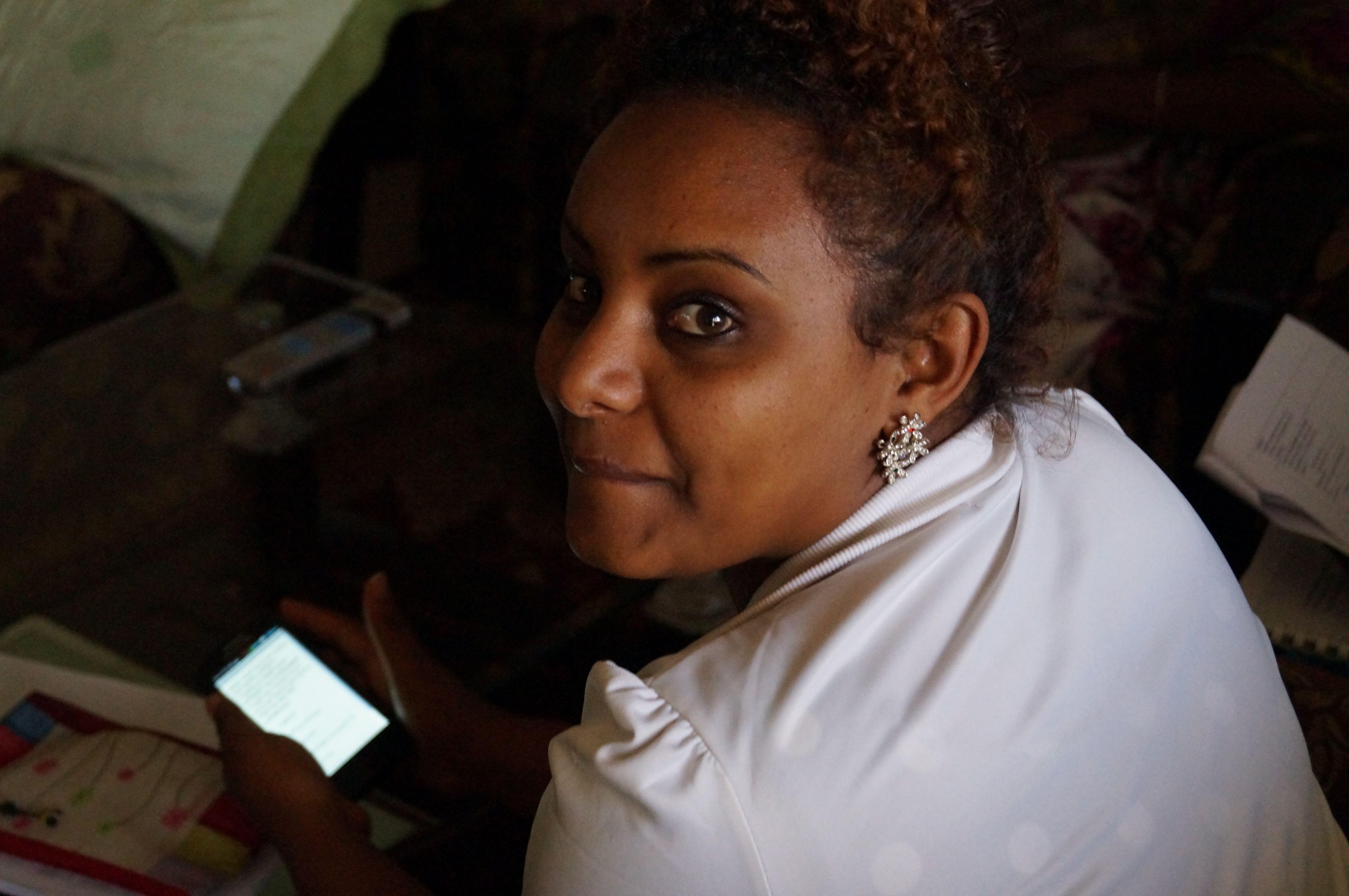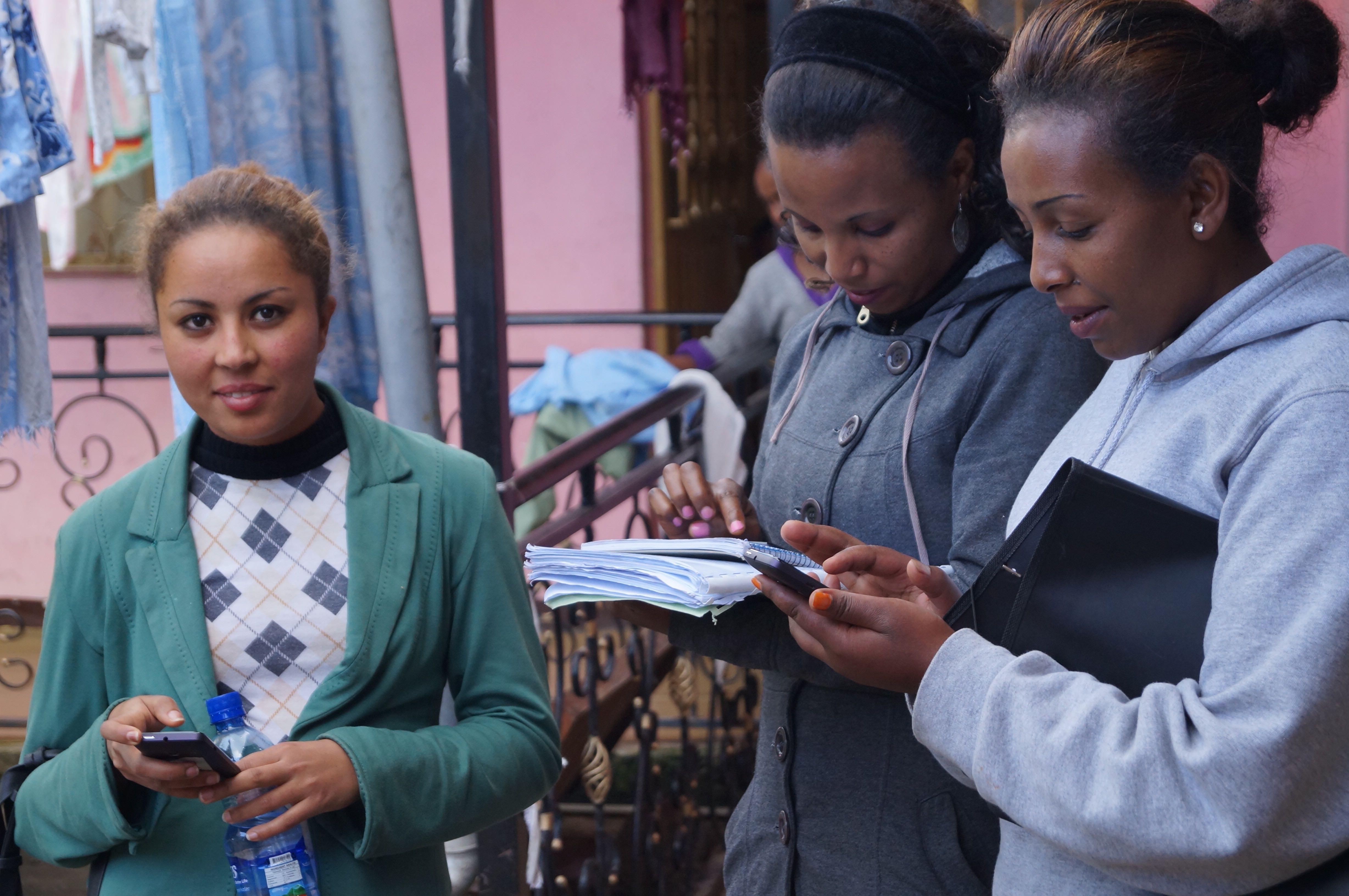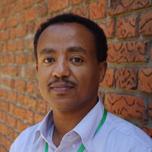PMA Ethiopia's survey project is designed to generate data on a variety of reproductive, maternal, and newborn health (RMNH) indicators that can inform national and regional governments. The project implements cross-sectional and cohort surveys to fill a data gap—collecting information not currently measured by other large-scale surveys with a focus on measuring RMNH comprehensiveness of care services, and the barriers and facilitators to such care.
Cross-sectional data, including a health facility based survey, are collected annually in all regions. Longitudinal data (following pregnant women through one year postpartum) are collected in two cohorts of women (2019-2021 and 2021-2023) in four large, predominantly agrarian regions.
The AAU completed a PMA Maternal and Newborn Health survey in the SNNP region in 2016. The survey followed pregnant women, interviewing them before birth and at seven days, six weeks, and six months postpartum. A knowledge, attitudes and practice survey related to civil registration and vital statistics (CRVS) was conducted in two regions, Addis Ababa and SNNP, in 2019.
PMA Plus is an expansion project of PMA aimed at gaining critical understandings of women, adolescents, men and couples’ decision-making about fertility and contraceptive intentions and use to improve estimation of key FP2020 indicators. Ethiopia was one of three sites for development of the Womens’ and Girls’ Empowerment module.
View the PMA Ethiopia Second Cohort Six-Week Postpartum Maternal and Newborn Health Technical Report, 2021-2023 Cohort.
View the full dissemination presentation of our 2023 Cohort 2 (6-months and 1-year postpartum) and 2021 Cohort 1 (6-months and 1-year postpartum) and Cohort 2 (baseline and 2021 cross-sectional) survey results.
View PMA Ethiopia's latest technical reports:
PMA Ethiopia Service Delivery Point Technical Report, 2021
PMA Ethiopia Cohort Two Baseline Maternal and Newborn Health Technical Report, 2021
Read more about PMA Ethiopia and a guidance document on working with us.
About PMA Ethiopia Questionnaires Guidance for Collaboration
View Survey Results Summary Meet Our Partners







